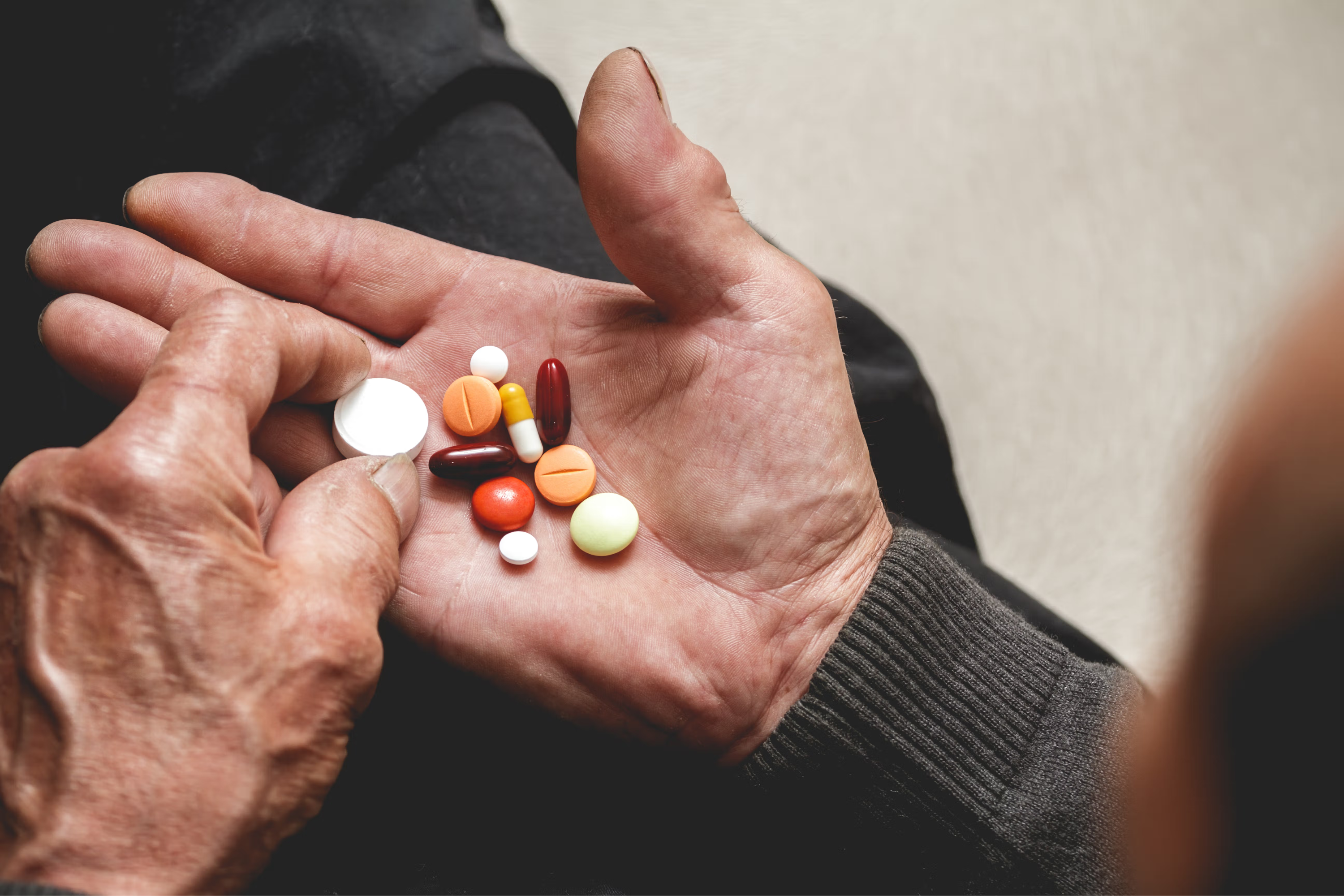Technology’s Role in Medication Adherence a Win-Win for Both Primary Care Providers and Patients
In the rapidly evolving landscape of health care, technology is becoming a game-changer, offering new ways to tackle enduring challenges. One of the most pressing issues for primary care providers is ensuring that patients adhere to their prescribed medication regimens.

For any patient dealing with illness, whether acute or chronic, taking medications as directed is essential to achieving the best health outcomes. Yet, it’s alarming that fewer than half of all patients stick to their prescribed medication schedules. This widespread non-adherence results in over 200,000 preventable deaths each year and costs the health care system a staggering $300 billion annually not to mention some $25B paid in readmission penalties by almost half of all U.S. physicians annually.
The barriers to proper adherence are diverse, including forgetfulness, confusion about medication types, financial constraints, and the misconception that treatment can be discontinued when symptoms improve.
Thankfully, advancements in technology are making a significant impact on this issue, offering tools that enhance medication adherence, improve patient outcomes and streamline the health care system.
Enhancing patient health through technology
The challenge of medication non-adherence leads to poorer health outcomes and escalates health care costs. However, new technological innovations are making it easier for patients to follow their prescribed medication regimens, thereby improving their overall health. For example, smart pill bottles with built-in sensors can send reminders to patients’ smartphones, prompting them to take their medication. This type of technology is crucial for managing chronic conditions such as diabetes, hypertension and asthma, where consistent medication adherence is key.
Streamlining medication management
Advances in technology have simplified the way patients manage their medications. Mobile apps designed for medication management offer patients tools to schedule their doses, receive reminders and track their adherence. These apps often include additional features like medication databases, dose calculators and interaction checkers, which help patients better understand their treatment plans and stick to them.
Furthermore, connectivity is a significant benefit. Telehealth platforms facilitate real-time communication between patients, pharmacies and health care providers. This allows patients to quickly report adherence, side effects or other concerns directly to their primary care provider, who can then provide immediate advice. This continuous support helps patients feel more confident and engaged with their treatment plans.
